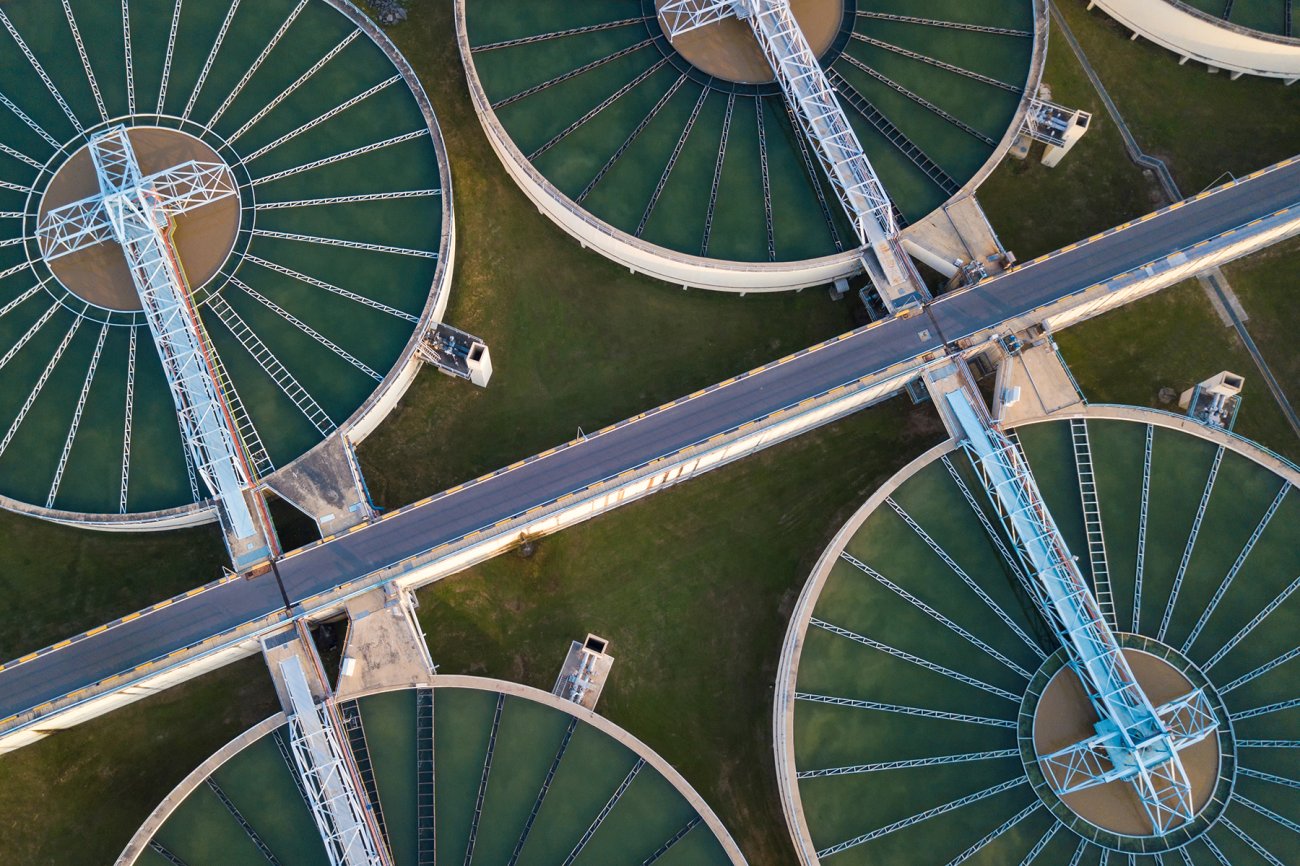Unknown Facts About Reclaim Waste
Unknown Facts About Reclaim Waste
Blog Article
Unknown Facts About Reclaim Waste
Table of ContentsHow Reclaim Waste can Save You Time, Stress, and Money.The smart Trick of Reclaim Waste That Nobody is Talking AboutOur Reclaim Waste StatementsExcitement About Reclaim WasteExcitement About Reclaim Waste
Check out the types, events, and kinds of fluid waste. Residential sewer waste describes the waste and items from a property septic system. This kind of waste is developed by humans in homes, institutions, and various other structures. This only includes septic systems that have a drain field. The correct administration and disposal of residential sewage waste need liquid waste to be transferred to a sewer treatment plant where the proper approaches and equipment are applied to purify and take care of waste.
Industrial waste typically consists of potential risks, such as combustible materials or a mix of fluid and strong waste items, and calls for a much more advanced and detailed disposal procedure. The disposal of industrial waste generally includes the purification of waste prior to transport to make sure secure and correct disposal. Industrial waste is created from byproducts and overflow of industrial processes and production.
This kind of waste can not use the exact same sewage administration transport or processes as septic or industrial fluids. The hazardous waste administration procedure requires the assessment and screening of liquid waste before it undergoes the disposal process (industrial wastewater treatment). Runoff waste is the fluid waste that originates from overflow and excess stormwater in very booming locations or cities
Runoff waste can cause contamination and flooding if not managed effectively. Making certain proper waste monitoring can stop disasters and decrease environmental injury.
How Reclaim Waste can Save You Time, Stress, and Money.
Get in touch with PROS Services today to discover our waste monitoring and disposal services and the proper methods to care for the fluid waste you produce.
(https://www.slideshare.net/leonaube33101)Do you understand what happens to your water when you disengage, purge the commode or drain pipes the washing device? No? Well, it's worth recognizing. This so-called 'wastewater' is not only an important source but, after treatment, will certainly be released to our land, waterways or the ocean. Used water from toilets, showers, bathrooms, kitchen area sinks, laundries and commercial procedures is called wastewater.

water used to cool down machinery or clean plant and equipment). Stormwater, a form of wastewater, is drainage that streams from farming and metropolitan areas such as roofings, parks, yards, roadways, paths and gutters into stormwater drains, after rain. Stormwater streams unattended directly to regional creeks or rivers, at some point getting to the sea.
Reclaim Waste Things To Know Before You Buy
In Queensland, the majority of wastewater is dealt with at sewage therapy plants. Wastewater is transported from domestic or industrial websites via a system of drains and pump stations, referred to as sewerage reticulation, to a sewer treatment plant. City governments develop, maintain and run most sewer therapy plants. Operators are certified under the Environmental Protection Act 1994 to discharge treated wastewater at an appropriate environmental requirement into rivers.
The Department of Natural Resources recommends city governments about managing, operating and maintaining sewage systems and treatment plants. In unsewered locations, local federal governments may need owners to mount specific or family sewage treatment systems to treat residential wastewater from bathrooms, cooking areas, bathrooms and washings. The Division of Natural Resources authorizes making use of home systems when they are shown to be effective.
A lot of stormwater receives no therapy. In some new subdivisions, treatment of some stormwater to eliminate trash, sand and gravel has begun utilizing gross contaminant traps. Wastewater treatment takes place in four phases: Removes strong issue. Larger solids, such as plastics and other objects mistakenly discharged to sewers, are removed when wastewater is travelled through screens.
Wastewater then streams right into large containers where solids settle and are removed as sludge. Oil and residue are skimmed from the surface area. Makes use of little living organisms knows as micro-organisms to break down and eliminate continuing to be dissolved wastes and great particles. Micro-organisms and wastes are incorporated in the sludge. Gets rid of nitrogen and phosphorus nutrients that can create algal blooms in our rivers and endanger aquatic life.
The Of Reclaim Waste
Nutrient removal is not available at all sewage therapy plants because it calls for expensive specialised equipment. Clear fluid effluent created after treatment might still consist of disease-causing micro-organisms - liquid waste disposal.

The majority of wastewater flows into the sewerage system. Under the Act, regional federal governments administer authorizations and permits for environmentally pertinent activities (ERAs) including wastewater releases Click Here that may have a local influence.
The 10-Minute Rule for Reclaim Waste
Monitoring supplies factual info concerning water high quality and can validate that permit conditions are being fulfilled. The details obtained with tracking provides the basis for making water top quality decisions.
Report this page